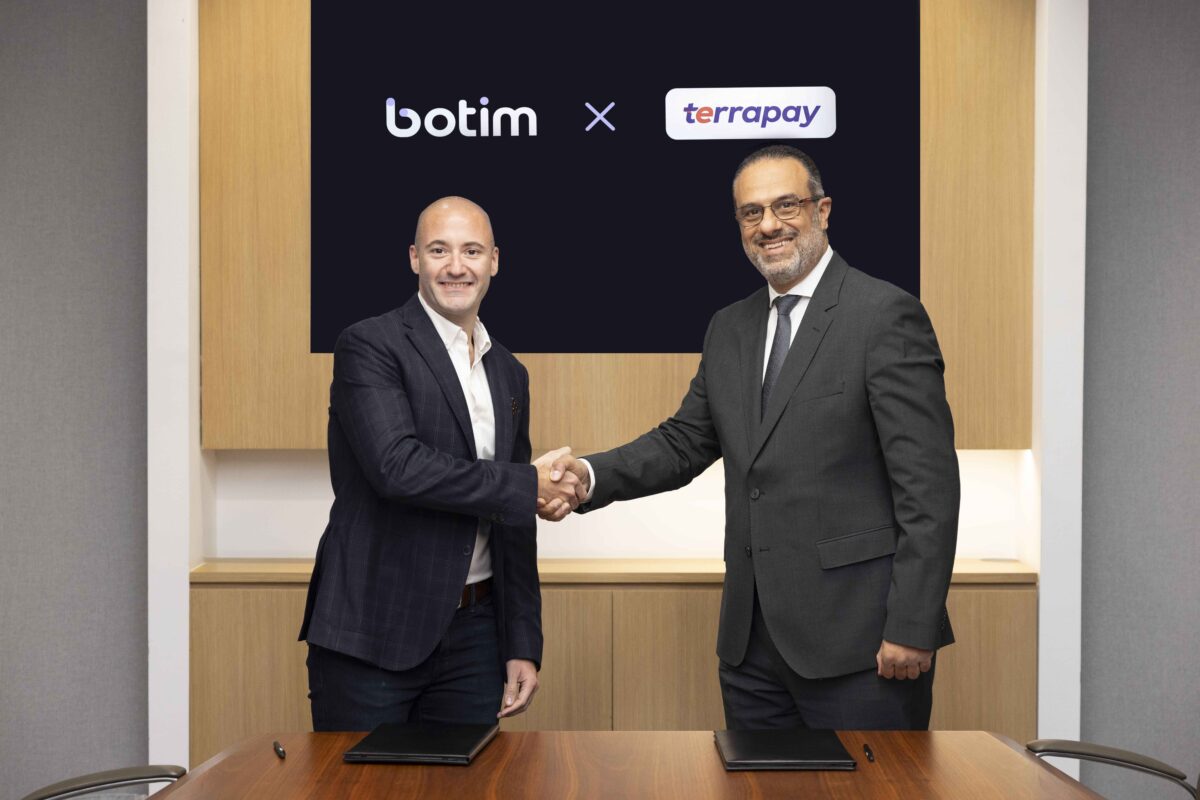Introduction to the Changing Healthcare Sector
The healthcare sector is experiencing significant changes, driven by inventive health and technology startups that deviate from traditional pharmaceutical and medical approaches. These companies focus on personalized health solutions, leveraging revolutionary technologies with the potential to radically transform healthcare.
This shift empowers patients with more personalized, accessible, and efficient healthcare options, allowing them to have greater control over their well-being.
Additionally, the collaboration between these innovative startups and conventional healthcare providers creates a constantly evolving, dynamic ecosystem that pushes the boundaries of medical research and patient care.
Emerging Trends in Individualized Medicine and Proactive Health Management
Personalized medicine and proactive health management are emerging as vital trends, with wearable devices such as the Oura ring and Whoop fitness tracker enabling individuals to manage their wellness by monitoring sleep patterns and physical metrics. These wearables provide customized data and insights that empower users to better understand their health and make informed decisions regarding their lifestyles. As this technology continues to evolve, we can anticipate even more advanced health-monitoring tools that contribute to prevention-based healthcare practices and enhance the overall quality of life.
Startups Highlight the Need for Personalized Healthcare
Presently, startups are emphasizing the need to recognize the variety in our biological composition and provide targeted interventions. For example, Neko Health, co-founded by Spotify CEO Daniel Ek, offers personalized care through comprehensive health evaluations using advanced technology to detect potential issues in their early stages. This approach shifts the focus from disease treatment to prevention. By concentrating on prevention, these startups aim to promote overall well-being and reduce the potential burden on healthcare systems. This personalized approach to healthcare not only empowers individuals to take control of their health but also has the potential to revolutionize how we view and manage our well-being.
Advancements in Brain Health Technologies
Innovative brain scanning technologies from companies like Kernel are developing novel methods for understanding and enhancing brain health. Light therapy has also gained attention, with studies and clinics investigating its capabilities for addressing neuropsychiatric conditions and brain health. Furthermore, advancements in neurofeedback techniques have shown promise in improving cognitive function and mental well-being by enabling individuals to self-regulate their brain activity. Moreover, wearable devices and mobile applications are increasingly being developed and used for monitoring and promoting brain health, making it more accessible and personalized for the public.
Fostering Collaboration Across Health, Entrepreneurship, and Innovation
The realms of entrepreneurship, health, and innovation are becoming increasingly intertwined, as business leaders prioritize their personal well-being alongside their ventures. This shift in focus has resulted in a surge of new products and services aimed at promoting physical and mental health among entrepreneurs. Consequently, there has been an increase in collaboration between various sectors, creating an environment conducive to developing holistic solutions that address both professional success and personal wellness.
Supporting Healthcare and Wellness Professionals
Startups like London-based UNTIL are providing healthcare and wellness experts with health treatments and business support services. This collaboration allows professionals to offer more effective and personalized care to their clients while streamlining business operations. By leveraging advanced technology and innovative solutions, UNTIL assists health practitioners in optimizing their practice and improving patient outcomes.
The Importance of Adaptability and Collaboration in the Healthcare Industry
For entrepreneurs in healthcare, wellness, or medical industries, staying current with innovations, adaptability, and the necessity for collaboration is crucial to effectuate positive changes within the sector. Understanding the latest advancements in technology and adapting business models accordingly can significantly improve the quality of care provided to patients and increase overall efficiency in these industries. Furthermore, fostering a collaborative environment among professionals, institutions, and even competitors can facilitate the exchange of crucial knowledge and ideas, leading to more inventive and effective healthcare solutions.
Personalized Health Management and Tailored Interventions in the Future
The fusion of health and technology is redefining the traditional healthcare paradigm, setting the stage for a future characterized by personalized health management and tailored interventions. Integrating advanced technologies like artificial intelligence, machine learning, and wearable devices into healthcare not only enables improved diagnostics and treatment options but also empowers individuals to actively participate in maintaining their overall well-being. As the tech-driven healthcare landscape evolves, we will see a greater emphasis on preventative measures and customized treatment plans that cater to individuals, ultimately transforming the way we perceive and approach health and wellness.
Frequently Asked Questions
What are the key trends in personalized health and proactive health management?
Personalized health and proactive management focus on wearable devices such as the Oura ring and Whoop fitness tracker. These enable individuals to monitor their sleep patterns and physical metrics, providing customized data and insights to make informed decisions about their lifestyles, leading to prevention-based healthcare practices and enhanced overall quality of life.
Why is personalized healthcare important?
Personalized healthcare empowers individuals to take control of their health by recognizing the variety in our biological composition and providing targeted interventions. This approach has the potential to revolutionize how we view and manage our well-being by shifting the focus from disease treatment to prevention and promoting overall wellness while reducing the burden on healthcare systems.
What are the advancements in brain health technologies?
Brain health technologies have seen significant advancements, such as innovative brain scanning technologies, light therapy for neuropsychiatric conditions, and improved neurofeedback techniques for cognitive function and mental well-being. Additionally, wearable devices and mobile applications are being developed to monitor and promote brain health, making it more accessible and personalized for the public.
How is collaboration essential in the healthcare industry?
Collaboration is essential in the healthcare industry for developing holistic solutions that address both professional success and personal wellness. Fostering a collaborative environment among professionals, institutions, and even competitors can facilitate the exchange of knowledge and ideas, leading to more inventive and effective healthcare solutions. Additionally, staying current with innovations and adapting to new technologies can significantly improve the quality of care provided to patients and increase overall efficiency.
What can we expect from personalized health management and tailored interventions in the future?
The integration of advanced technologies like artificial intelligence, machine learning, and wearable devices into healthcare will enable improved diagnostics and treatment options and empower individuals to actively participate in maintaining their overall well-being. As the tech-driven healthcare landscape evolves, we can expect a greater emphasis on preventative measures and customized treatment plans, transforming the way we perceive and approach health and wellness.
Featured Image Credit: Photo by Artem Podrez; Pexels; Thank you!
First Reported on: forbes.com




































